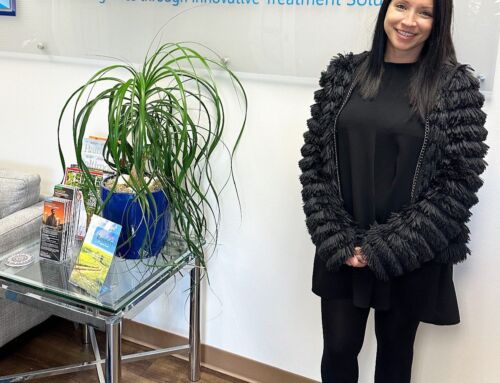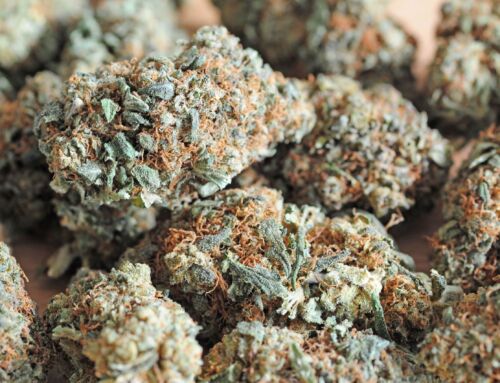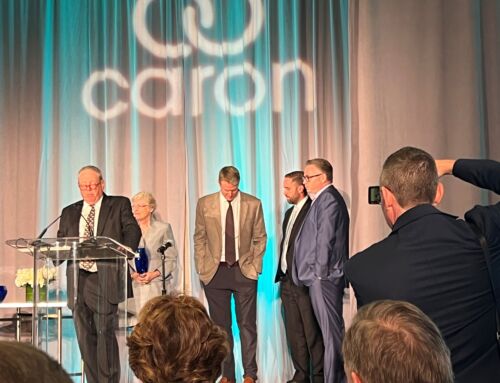The disease of addiction is defined by the American Society of Addiction Medicine (ASAM) as “a primary, chronic disease of brain reward, motivation, memory and related circuitry. Dysfunction in these circuits leads to characteristic biological, psychological, social and spiritual manifestations. This is reflected in an individual pathologically pursuing reward and/or relief by substance use and other behaviors. Addiction is characterized by inability to consistently abstain, impairment in behavioral control, craving, diminished recognition of significant problems with one’s behaviors and interpersonal relationships, and a dysfunctional emotional response. Like other chronic diseases, addiction often involves cycles of relapse and remission. Without treatment or engagement in recovery activities, addiction is progressive and can result in disability or premature death.”
However, while addiction may be biological or genetic in nature there is no doubt those that suffer from the horrific grip of substance use disorder also suffer from numerous underlying causes and conditions of addiction that either create, advance or exacerbate the addiction. Here are some of the chief causes and conditions of addiction.
1. Mental Health Issues. While many people like to talk about terms such as co-occurring disorders or dual diagnosis, addiction experts for years have known there is very little separation between addiction and mental illness. While certainly a person can suffer from just addiction or just mental illness, they typically go hand-in-hand. The National Bureau of Economic Research (NBER) reports that there is a “definite connection between mental illness and the use of addiction substances”. Often, a person with a mental health issue such as anxiety, depression, bi-polar disorder, ADHD or schizophrenia turn to substances to self-medicate and find that drugs are able to help them cope with the mental illness. There is also findings that determine that drug abuse and addiction can create problems that then trigger mental health symptoms.
2. It is becoming increasingly apparent to addiction and mental health professionals that there is a deeply rooted link between trauma and addiction. The important thing to understand is that trauma does not need to represent some horrific event or situation. Often people think of trauma as being in a war zone or being the victim of a heinous physical, emotional or sexual assault. Certainly, those are traumatic but is important to realize that the impact that trauma has on a person is based on how individual processes a traumatic event. Therefore, divorce, a car accident or a breakup can be as traumatic to one person as a more traditional “traumatic” experience is to someone else. Recent studies confirmed that a history of childhood neglect or sexual, physical or emotion abuse is coming among individuals undergoing treatment for substance abuse. Abuse, certainly traumatic, was also linked to a higher risk of anxiety, depression and suicide.
3. Sexual and Gender Issues. Sexual issues and gender issues often underlie addiction issues. Our society has never dealt with sexual issues or gender issues well and therefore individuals who often are confused about the sexual identification, gender identification or have a history of sexual trauma often suffer from addiction. Guilt, shame, confusion or simply not feeling comfortable to discuss these issues often leads people to abuse substances in order to self-medicate or even be used as an excuse for self-exploration.
4. Fear, Self-Esteem, Doubt, Insecurity. People in the room of 12 Step fellowships such as Alcoholics Anonymous and Narcotics Anonymous will recognize these underlying causes and conditions with little problem. 12 Step fellowships define addiction or alcoholism as a physical allergy, mental obsession and spiritual malady. The spiritual malady is often described as a “hole in the soul”, a disconnection between the addict/alcoholic and the world around them or just feelings of difference and in not ever feeling comfortable or fitting in quite right. The Big Book describes is as feelings of being “restless, irritable and content” while sober. Much of this stems from a self-centered perception that addicts and alcoholics have of themselves, only seeing things as they relate to themselves and their circumstances. Another common trait is feeling “less than” and constant negative self-talk resulting in feelings of “I’m not good enough”, “I’m a piece of shit” and/or “I don’t deserve happiness”. Underlying fear, doubt, insecurity and self-esteem issues are common amongst most if not all of people that suffer from substance use disorders.
Addiction is a complex illness with many characteristics and underlying causes and conditions. However, there are always underlying causes and conditions. It is why a person cannot just treat the physical aspect of addition and hope to be okay. It is often the reason for relapse, because if the addict or alcoholic does not identify and treat those underlying issues they will continue to go back to abuse the substances that they had in the past. We do not treat bronchitis by suppressing just the cough but instead by treating the root cause of the infection. In the same manner, addiction is actually a symptom of a great underlying issues and we cannot just treat the symptoms of drug and alcohol abuse but rather we need to treat the underlying causes and conditions of addiction if there is to be any hope of sustainable recovery.
If you or someone you know is in need of help because of drug and/or alcohol abuse or addiction, please give us a call. Maryland Addiction Recovery Center offers the most comprehensive dual diagnosis substance abuse treatment in the Baltimore, Maryland, Washington, DC and Virginia area. If we aren’t the best fit for you or your loved one, we will take the necessary time to work with you to find a treatment center or provider that better fits your needs. Please give us a call at (410) 773-0500 or email our team at Contact us today. For more information on all of our drug addiction and alcohol addiction services and recovery resources, please visit our web site at www.marylandaddictionrecovery.com.

Table of Contents





